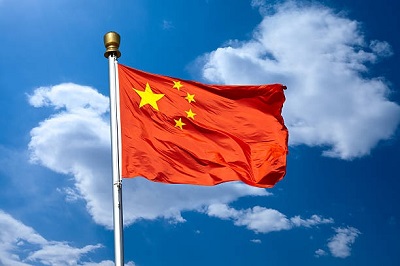New Delhi, (Asian independent) China has a lot of foreign exchange reserves that do not show up in the official books of the People’s Bank of China.
Those funds have been hidden in the state banks, and largely escaped scrutiny, Brad W. Setser, the Deputy Assistant Secretary for International Economic Analysis in the US Department of the Treasury, wrote in The China Project.
Institutions that report to China’s central government probably have closer to $6 trillion in foreign assets than the $3.12 trillion reported in December 2022.
This total counts the foreign assets of the state commercial banks (owned by a State Council holding company through the CIC), the state policy banks (owned by the PBoC, with some participation of the Ministry of Finance), and the CIC (owned by the State Council but with some funding from SAFE), Setser wrote.
China is so big an economy — and such an unbalanced economy — that all its activities just have an outsized global impact.
China’s shadow reserves are big. Bigger than the formal reserves of the world’s second largest holder of reserves (Japan). Bigger than the assets of the world’s largest sovereign wealth (Norway, though Singapore would be in close competition if its sovereign fund disclosed its true size).
It isn’t a surprise that these massive pools of foreign exchange are at the center of most interesting debates. China’s contribution to global debt distress is a function of the diversion of foreign exchange out of the US bond market and into global infrastructure lending, the article said.
Yet China’s banks have access to so many dollars that China’s state commercial banks came to play an important role in providing funding to other global banks through cross currency swaps (what the Bank for International Settlements or BIS calls hidden debt) even as the policy banks turned low income countries into their playground.
Looking at China’s reported holdings of Treasuries just misses the bulk of China’s global financial presence these days. The scale of these hidden reserves — foreign current currency assets that aren’t formally counted as “reserves” — also highlights an important fact that is often forgotten amid all the talk of China’s domestic debt problems, the article said.
Globally China is still a massive creditor, and the weight of China’s massive accumulation of foreign exchange is still felt around the globe.








